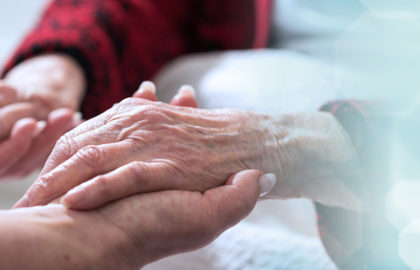In Quebec, every adult is considered capable of making decisions and managing their affairs unless proven otherwise. This means people are generally considered able to care for themselves, manage their finances and exercise their rights. Unfortunately, this isn’t always the case. Some individuals are vulnerable because of their age, an illness or an accident.
Here is an overview of the legal mechanisms available to protect vulnerable people.
People under the age of 18
People under the age of 18 are usually under the “tutorship” of their parents. This means they must ask for their parents’ help when exercising certain rights (for example, suing a person in court). If the parents pass away or are no longer able to act as their child’s tutor, who can take on this role?
Adults who are not incapacitated
Adults who are not incapacitated can name other people to carry out certain tasks for them. The documents required or steps to be taken depend on the situation.
| The person can still make their own decisions, but it’s more practical to have someone else manage their affairs. | A power of attorney can be used in this situation. |
| The person is experiencing difficulties preventing them from carrying out certain tasks. They want help from an official intermediary to deal with third parties (companies, government departments, organizations, etc.). | An assistance measure can be used in this situation. |
| The person wants to name someone to make decisions for them should they become unable to care for themselves or manage their affairs. | They can prepare a protection mandate to prepare for this possibility. |
Adults who are incapacitated
An incapacitated person is a vulnerable person. They are at risk of abuse or making poor decisions. The appropriate protection method depends on their situation.
| The person has lost their autonomy, and you would like more information on what this involves. | An accident or illness can cause a person to become unable to make decisions about their well-being and their affairs. |
| The person requires representation for a specific act only, such as selling a house. | Temporary representation can be requested. |
| The person prepared a protection mandate before they became incapacitated. | The protection mandate can be homologated (activated). This means the mandatary can be officially recognized after the appropriate steps have been taken, including presentation of medical and psychosocial assessments to the court. |
| The court has already named an adviser for an adult for the person. | An adviser for an adult can continue to carry out their responsibilities as long as the arrangement was never cancelled by a court. |
| The person doesn’t have a protection mandate but needs help caring for themselves and managing their affairs. | A tutorship can be established. |
| A court previously appointed a curator for the person in question. | People who were previously appointed as “curators” by a court will now be known as “tutors”. However, their role remains essentially the same. |
Role of the Public Curator
The Public Curator is a government organization that protects incapacitated people by ensuring that decisions concerning them are made in their best interests and preserve their autonomy as much as possible.









